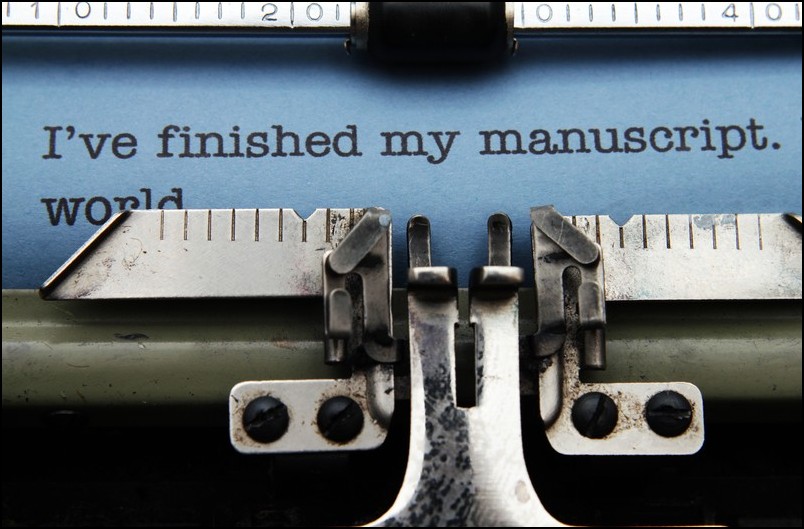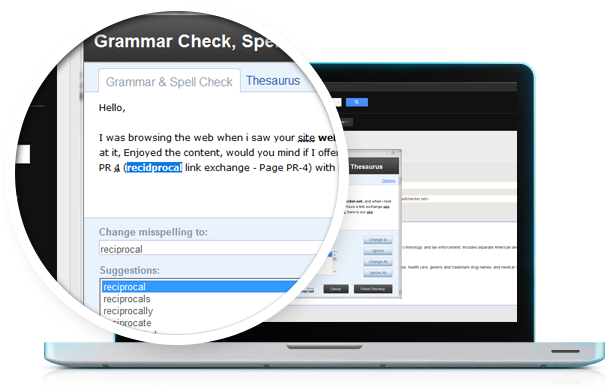
How to professionally format your manuscript for editors, agents, and publishers
Most of the manuscripts I receive are not properly formatted for editing. Instead, I get all kinds of unusual formatting, from a stylized, ready-for-print book to 37 chapters all in separate files, each with a hodge-podge of formatting. While it’s not difficult for me to clean up an improperly formatted manuscript, if you can save me the time and put a big smile on my face at the same time, wouldn’t that be a great start to our author-editor relationship? And if you’re planning to submit to an agent without the help of an editor, the following tips are essential for you to know.


